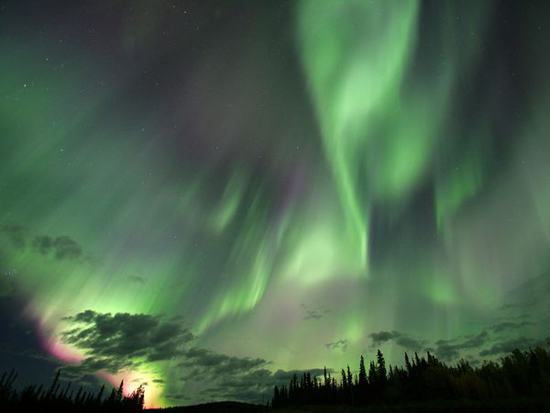
I had only been in the city a few days. When I arrived in Saskatoon that winter of 1972, I had a job – as a TV producer in the audio-visual centre of the University of Saskatchewan – but I didn’t have a place to stay. A friend directed me top a house rented by some U of S students. I met with them and and they said I could move into the available room – a kitchen on the second floor. They told me to bring my stuff a few days later.
I arrived at my new lodgings only to discover a phalanx of RCMP cruisers barricading my way into the house.
“Who are you?” asked one of the officers. “What’s your connection to this place? Clearly, I had walked into the middle of a police raid.
“I’m just moving in,” I explained. I later learned that the house where I was about to reside in Saskatoon was home to one of the busiest soft drug distribution points in the city.
Several of the students – a nurse in training, a med student, a philosophy major, and one or two others – bought and sold pot for their friends and classmates. Even after the raid, when all I wanted at the end of a tiring day at the university AV centre was a good night’s sleep, pot parties went on all night long and the aroma of the cannabis drifted up and into my second-floor kitchen.
Forty-six years ago pot use such as this was a crime. Not anymore.
This past week – Oct. 17 – the curtain went up on legal recreational cannabis use. But what amazes me is how long it’s taken this country to enact such legislation that could easily have been done about the same time as my housemates in Saskatoon got a warning from the RCMP back in 1972 to cease and desist. Why? Well, that same year, a judge appointed by Prime Minister Pierre Trudeau, Gerald Le Dain, reached this conclusion:
“The cultivation of cannabis should be subject to the same penalties as trafficking,” Judge Le Dain announced, “but it should not be a punishable offence” to possess it for recreational use.
Le Dain had just completed 55 months of exhaustive research, public briefings, deliberations and report writing, when he offered this pronouncement about law and the use of hallucinogenic substances. In fact, the Le Dain initiative between 1969 and 1972 attracted the endorsement of former Beatle, John Lennon. As reported in a Toronto Star story five years ago, several of Le Dain Commission officials sat in a railway car in Montreal, in December 1969, when Lennon praised the Canadian initiative.
“This commission,” Lennon told them, “I don’t know what’s going on in the rest of the world … towards drugs, but this seems to be the only one that is trying to find out what it’s about with any kind of sanity.”
Then, to fulfil a promise made in the 2015 election campaign, Prime Minister Justin Trudeau introduced Bill C 45 to legalize the recreational production, distribution, retail and consumption of marijuana. Trudeau made virtually the same pronouncement as Le Dain had.
But let me return to my housemates in Saskatoon back in 1972. Soon after moving to the city, I began writing freelance music reviews for the daily newspaper, the Star Phoenix. After I wrote each review, I hand-delivered it to the newspaper office downtown. That done, this late spring night, I began walking back across the University Bridge toward my notorious house on the east side of the South Saskatchewan River.
En route back across the bridge, I paused, looked up and witnessed one of the most dazzling displays of Aurora Borealis I’d ever seen. The lights fairly danced across the heavens. I was mesmerized for the better part of 30 minutes. But then it was time to get home and to try to get some sleep.
As I approached the three-story Tudor-style house, I suddenly became aware of loud voices, not inside but outside the house. Everybody – the U of S students and all their pals – were sprawled all over the lawn. Each was nearly obscured by his/her own cloud of pot smoke. And all of them were gazing skyward, their eyes like saucers viewing the same northern lights I’d seen from the bridge.
That’s when the stuff’s potency (or lack of it) suddenly became clear to me. One of my roommates spotted me coming up the street and ran to me with hand extended to share his joint.
“Man, you’ve got to try this stuff,” he said pointing to the heavens. “You won’t believe what’s going on up there!”
I didn’t have the heart to tell him Aurora Borealis, not THC, was putting on the show. But the incident did illustrate to a certain extent the place of recreational marijuana in Canadian life. I just wish I had presented a brief of my experience to Commissioner Le Dain.